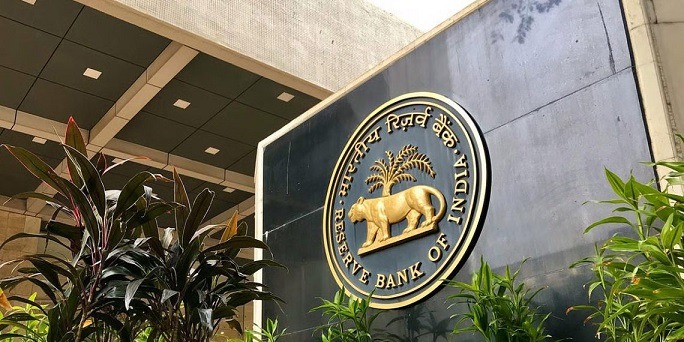
NEW DELHI, OCTOBER 08, 2025: The Reserve Bank of India (RBI) has announced the inclusion of State Cooperative Banks and Central Cooperative Banks under the ambit of the Reserve Bank – Integrated Ombudsman Scheme, 2021 (RB-IOS, 2021). The directive will come into effect from November 1, 2025, marking a major step towards ensuring uniform customer grievance redressal across the country’s entire banking ecosystem.
Issued under the powers conferred by Section 35A of the Banking Regulation Act, 1949, the notification modifies an earlier order dated August 5, 2022, which had excluded cooperative entities from the Ombudsman framework. The current directive aims to provide depositors of cooperative banks the same level of grievance redressal access as those available to customers of commercial and regional rural banks.

The RBI has stated that this decision has been taken “in public interest” to bring greater transparency, accountability, and accessibility in handling customer complaints within the cooperative banking sector. It reinforces the commitment to strengthen customer confidence and depositor protection, particularly in rural and semi-urban areas where cooperative banks play a pivotal financial role.

With this inclusion, the Integrated Ombudsman Scheme now comprehensively covers:
- All Commercial Banks and Regional Rural Banks,
- State Cooperative Banks and Central Cooperative Banks,
- Urban Cooperative Banks (scheduled and non-scheduled) with deposits of Rs 50 crore and above,
- Non-Banking Financial Companies (NBFCs) with assets of Rs 100 crore and above,
- System Participants, and
- Credit Information Companies.
The Reserve Bank – Integrated Ombudsman Scheme (RB-IOS), introduced in 2021, unified multiple ombudsman schemes into a single platform, simplifying procedures for customers to file complaints and obtain redressal through a “One Nation, One Ombudsman” framework. The latest expansion further aligns cooperative banking institutions with national standards of consumer protection and regulatory oversight.
The move has been widely welcomed across the cooperative banking sector as a progressive, confidence-building measure that will enhance depositor trust and ensure fair, efficient handling of grievances. It is expected to promote greater harmony between regulatory compliance and customer-centric service within India’s cooperative credit structure.




